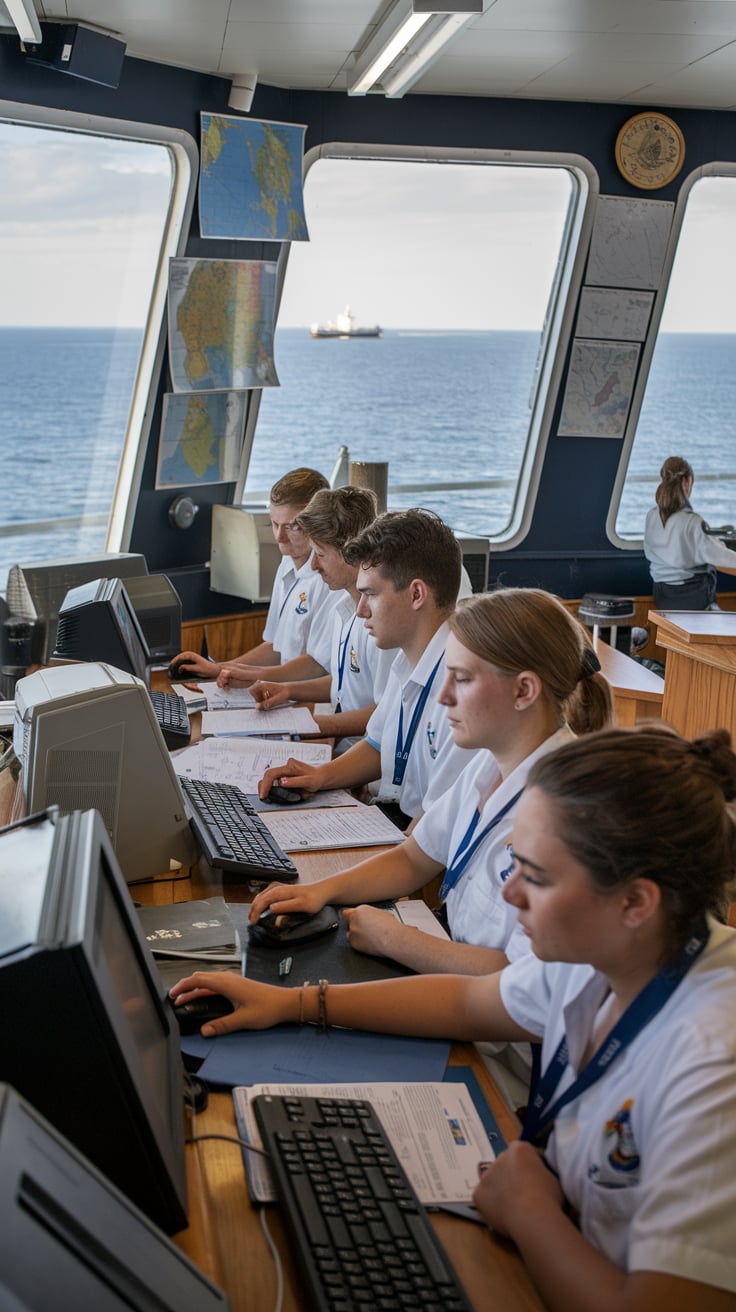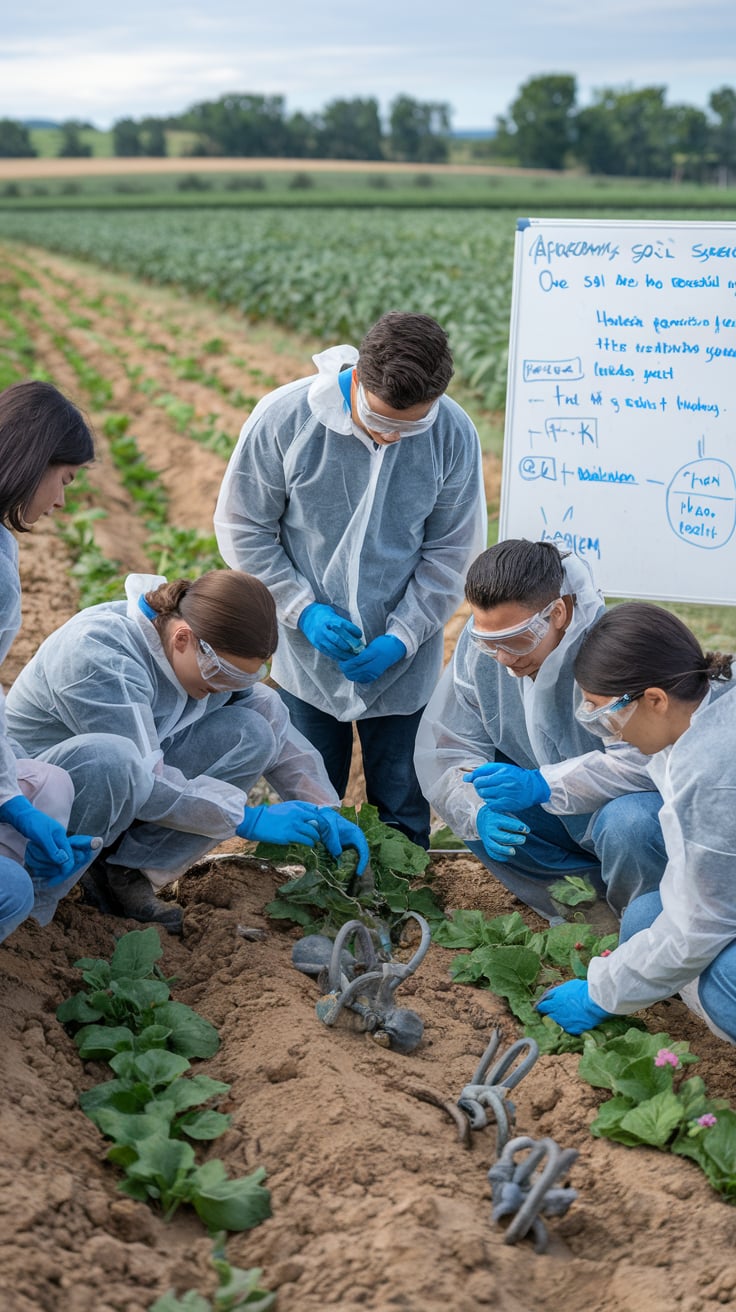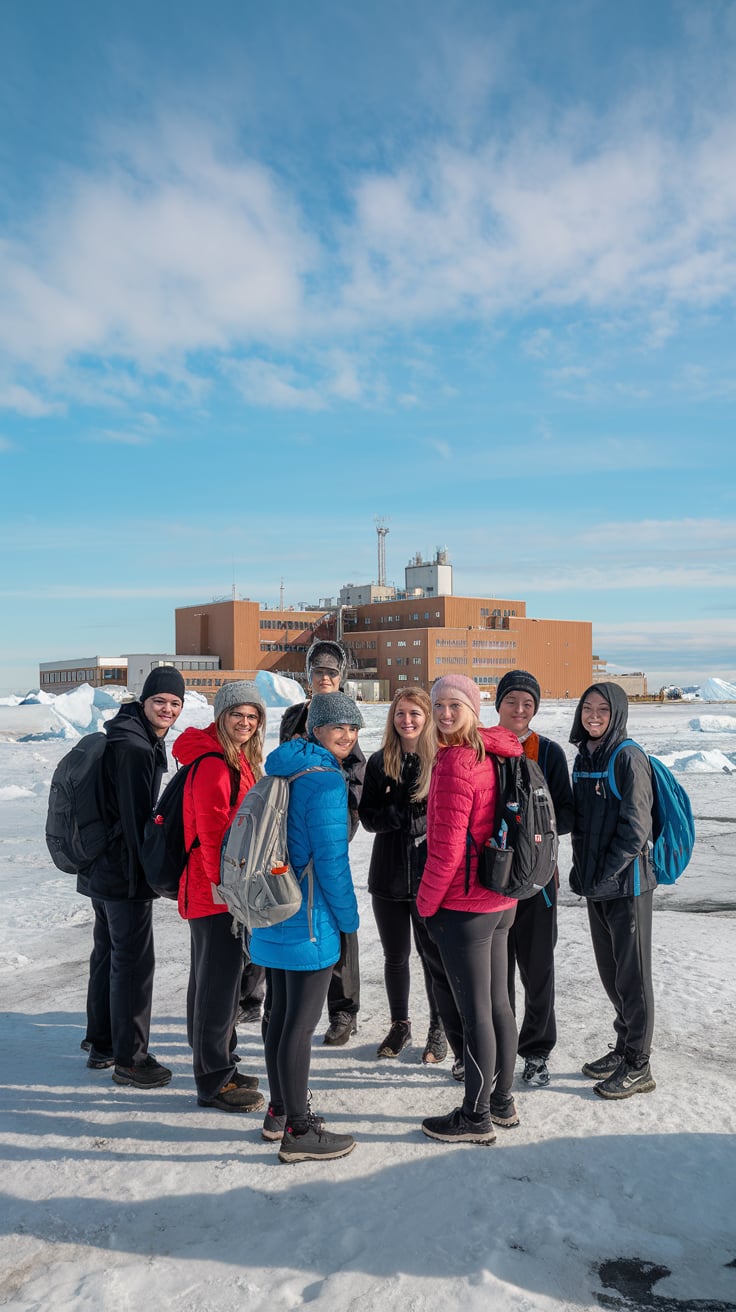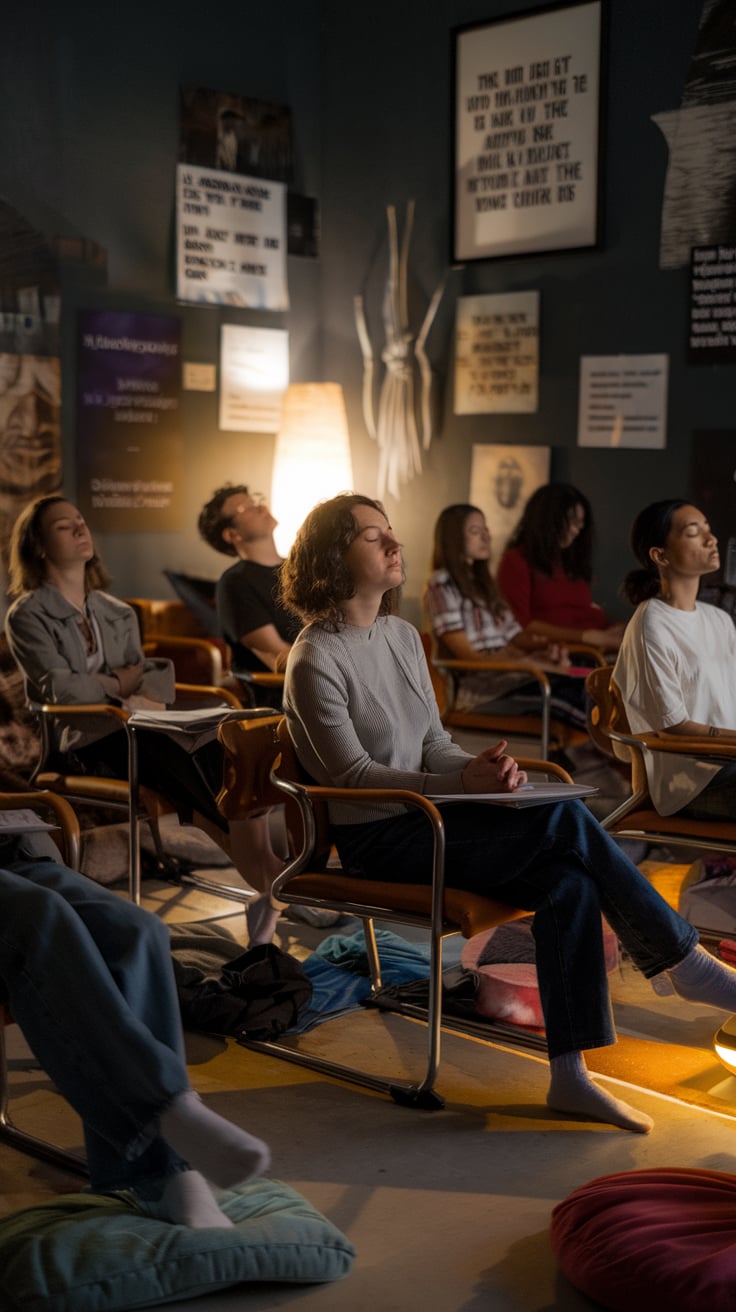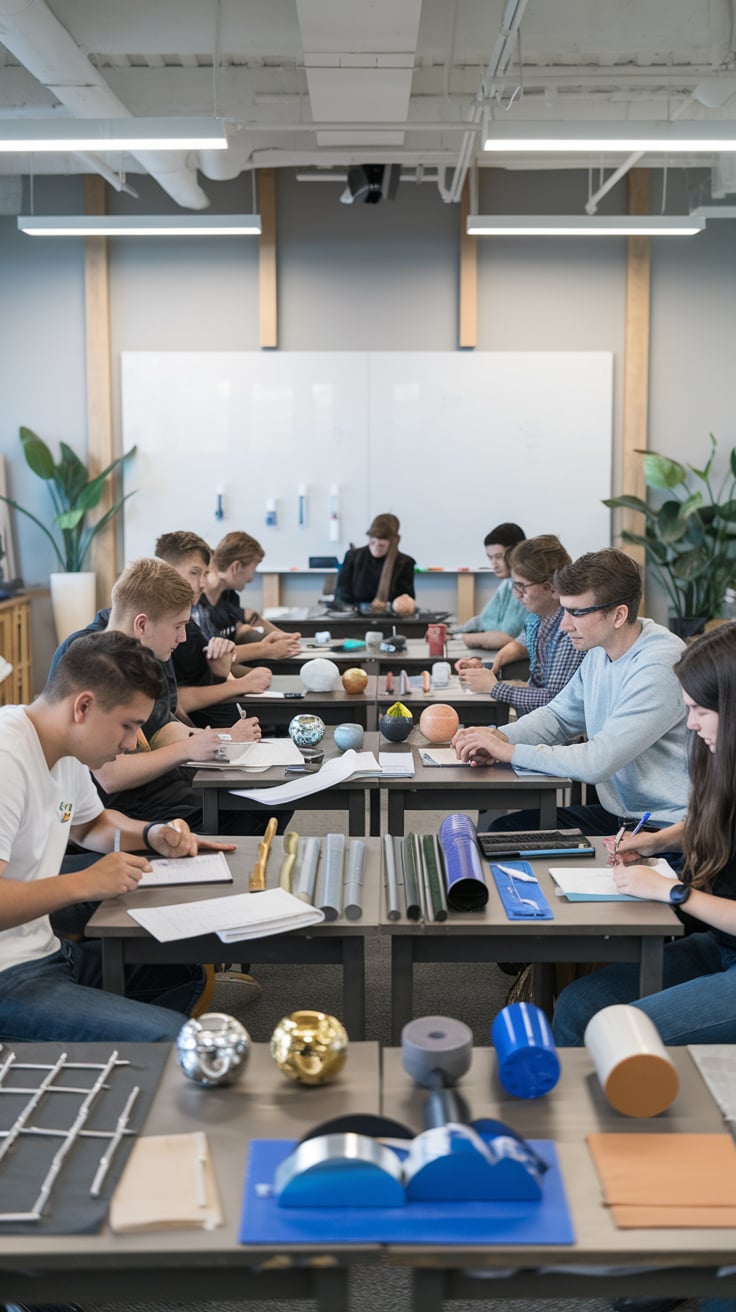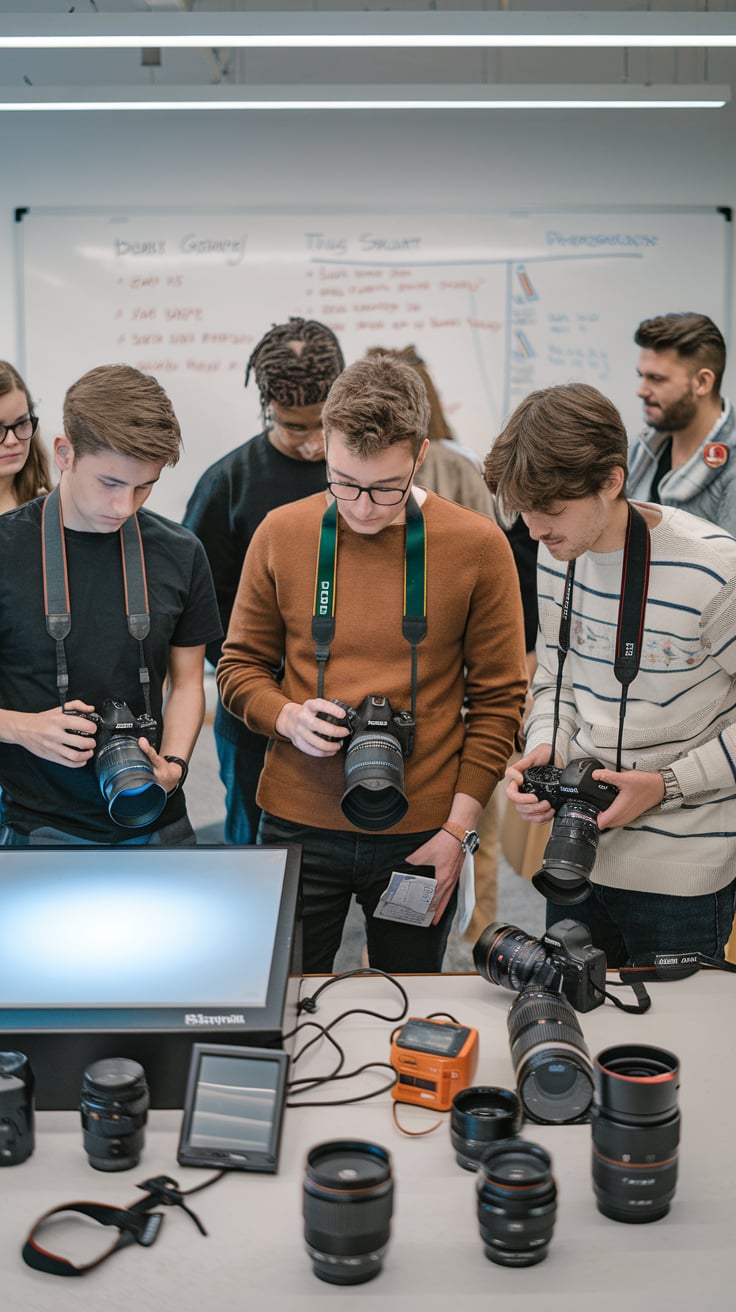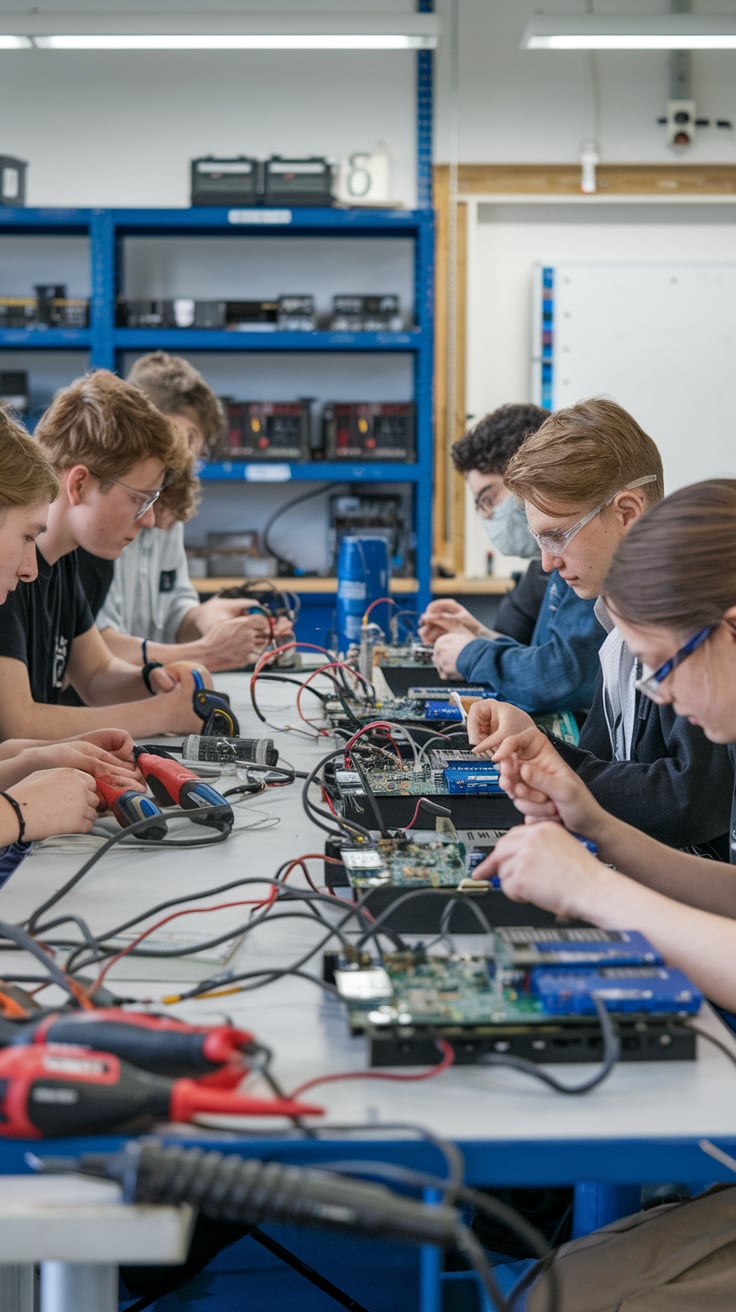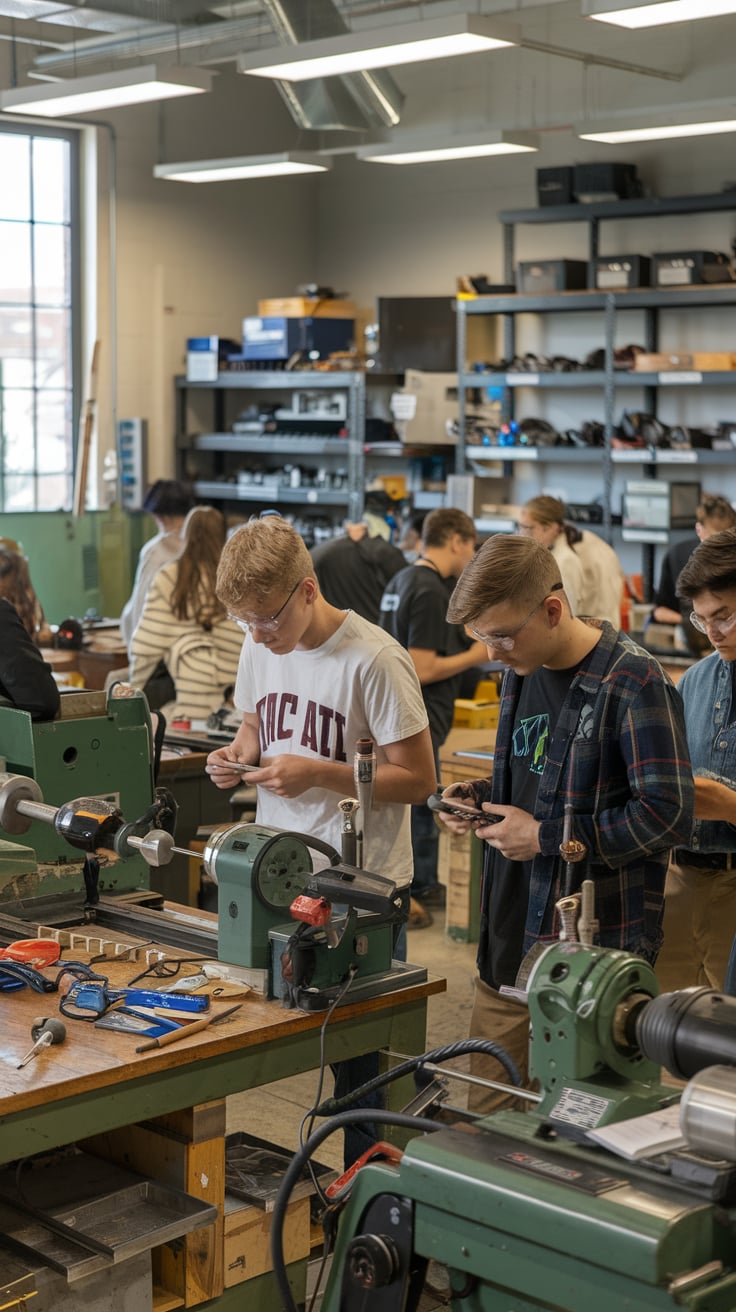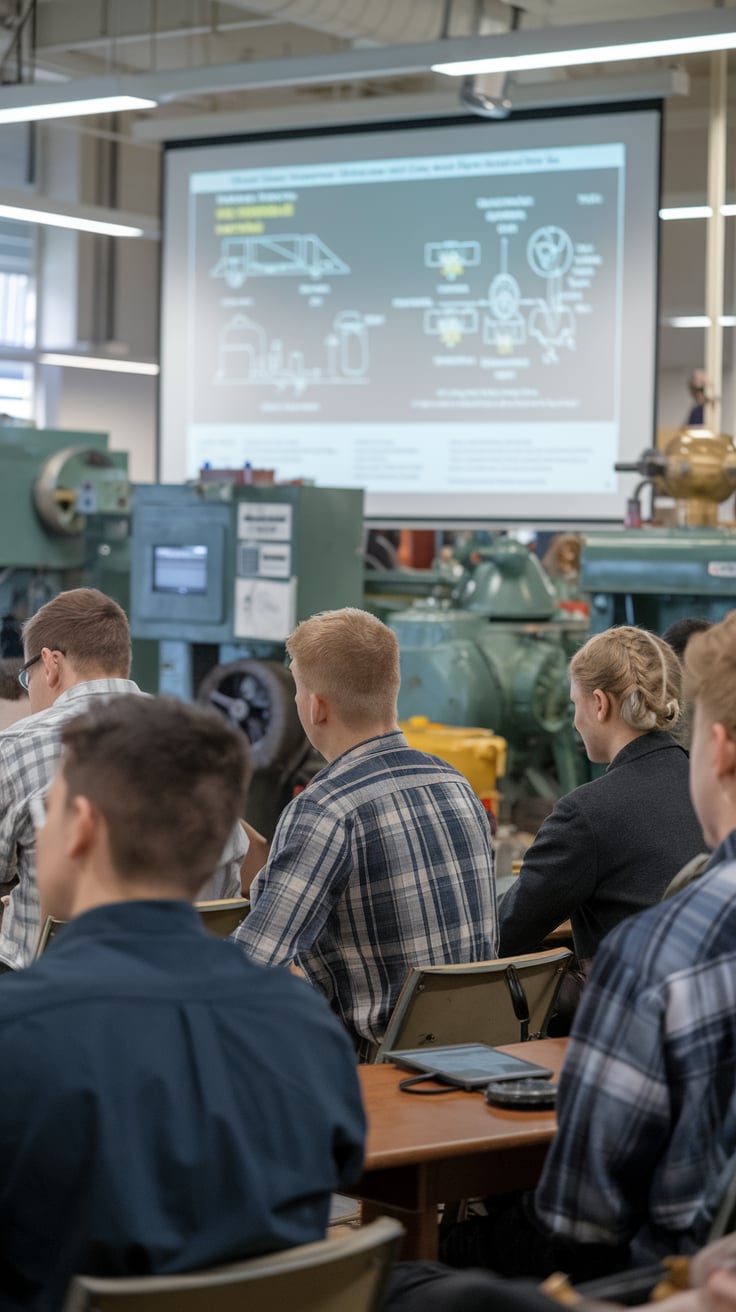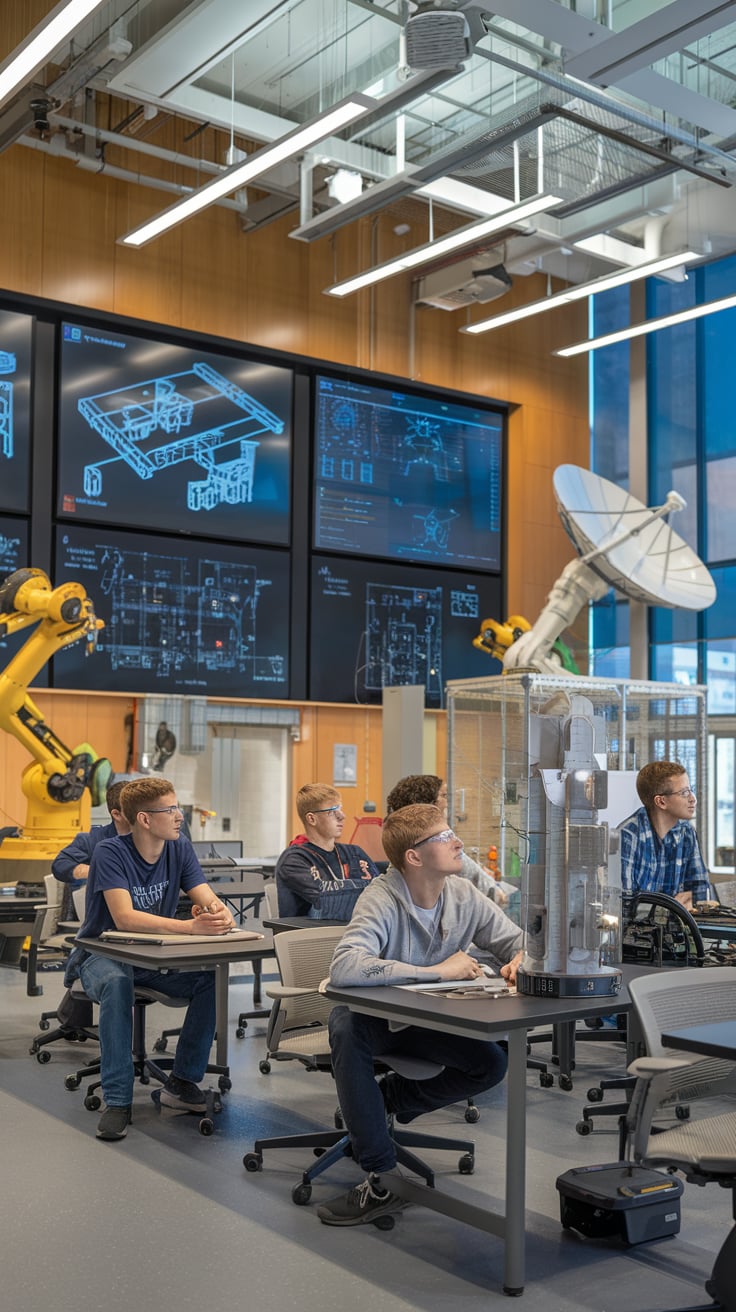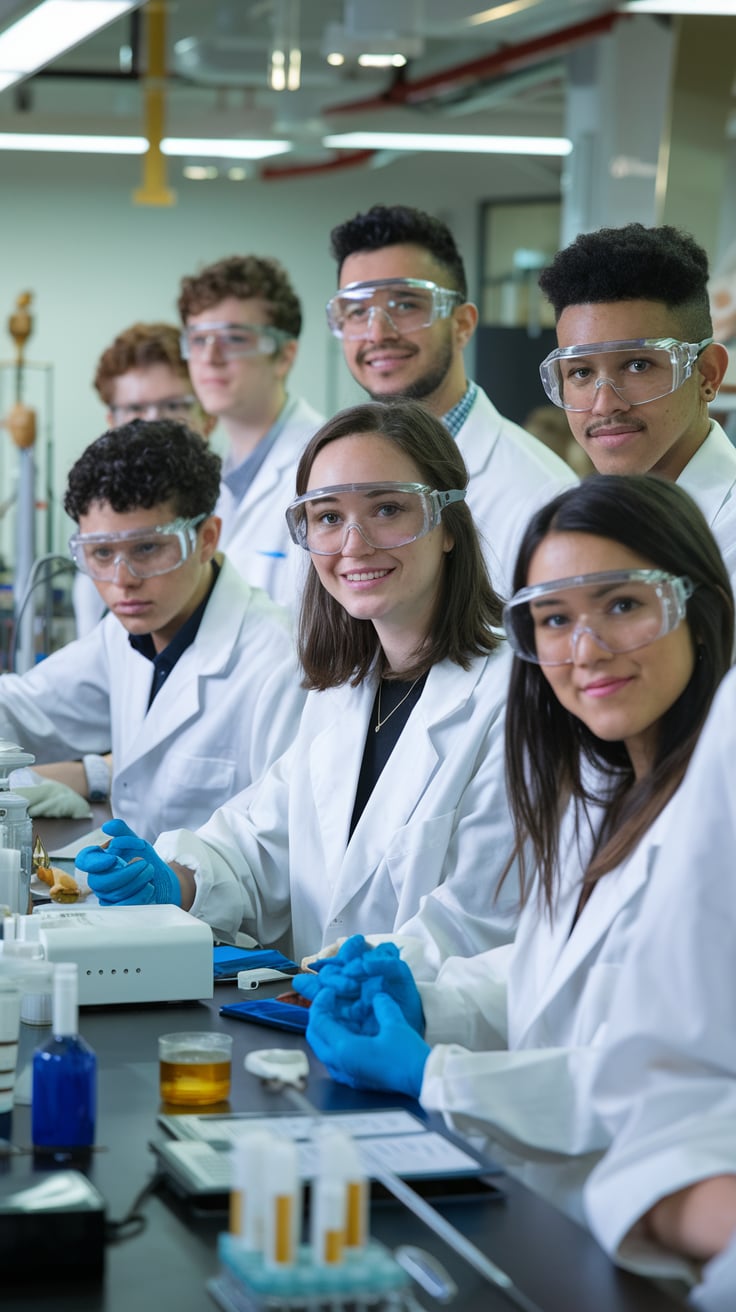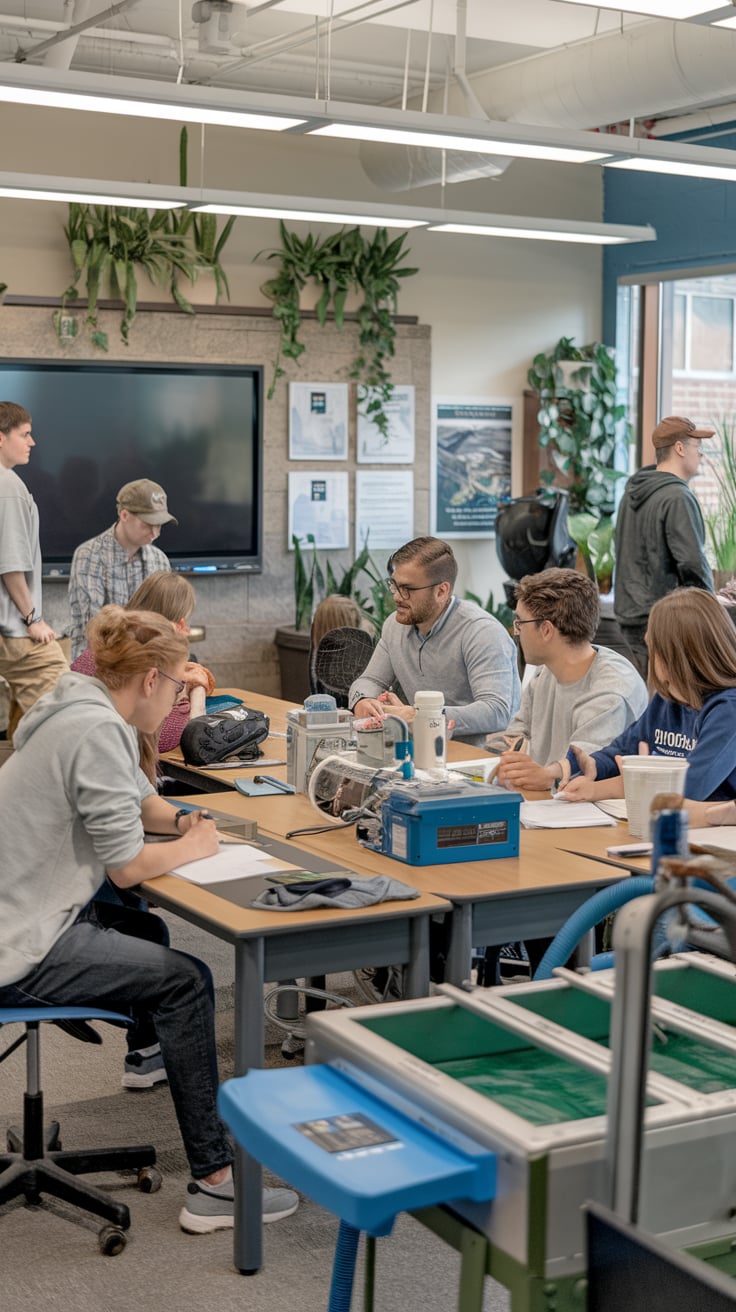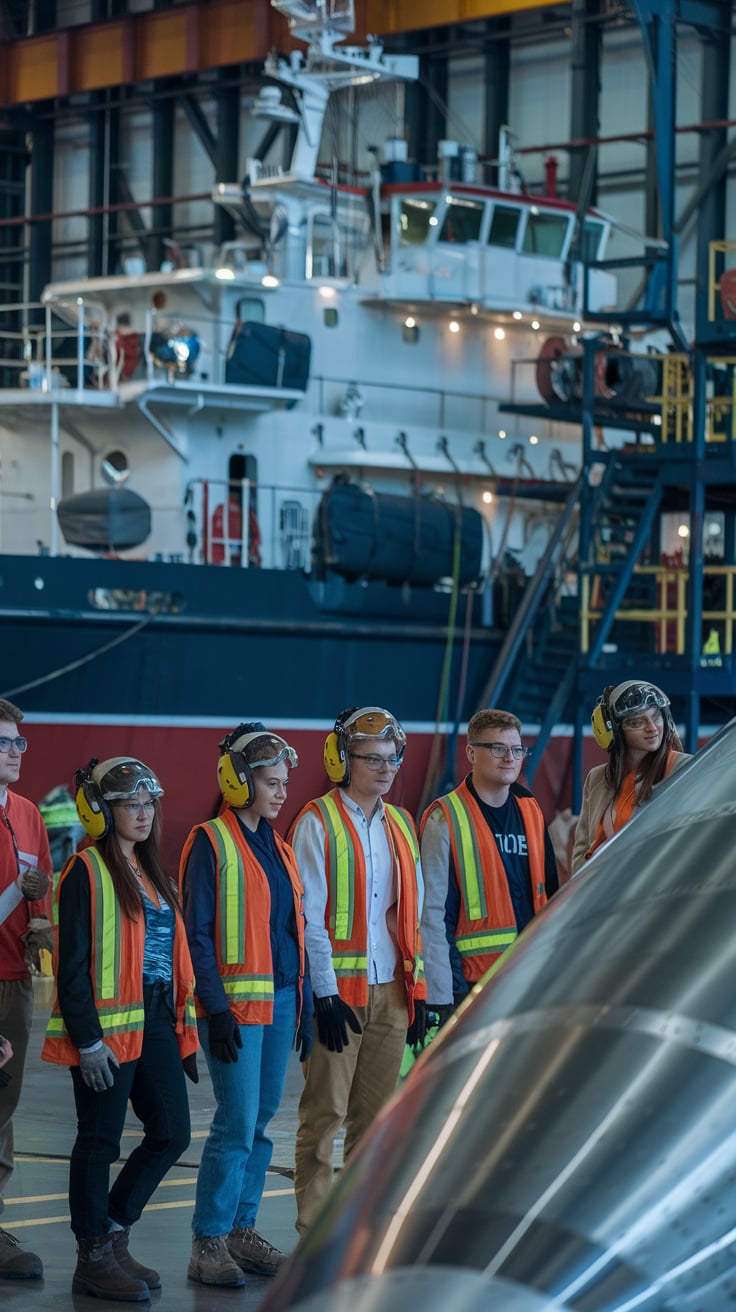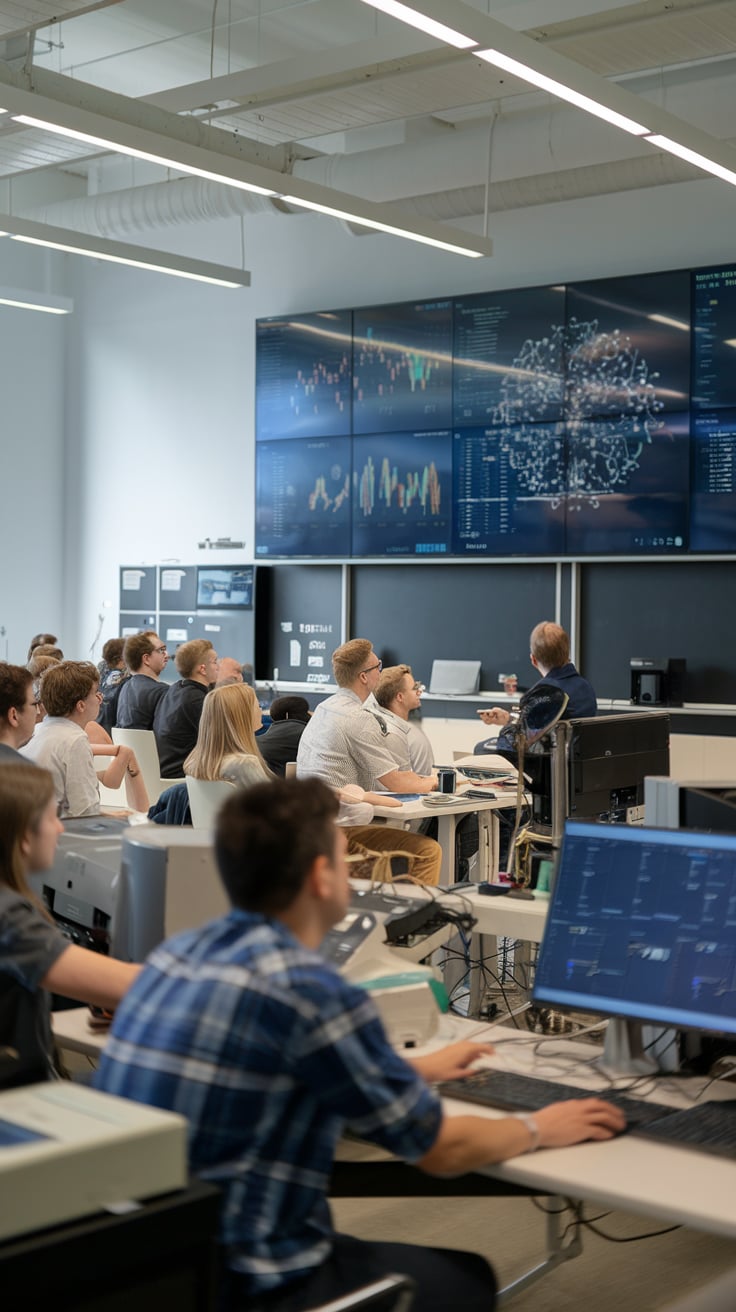The polar regions have a magical power, silently telling the secrets of the earth and humanity. Great philosophers, naturalists, explorers, and scientists of all ages have been fascinated by the polar regions to listen to their voices, about the ancient past, about the distant future. If you listen, you can hear it; But when you're obsessed with material pursuits and strife, you can't hear it. "Gentlemen, why are you here?" Not suitable for traditional academic training; Not for farm life; Not proficient in business or professional pursuits for personal gain. You are here to prepare for a life of service, knowing that you will be expected to have exceptional abilities and generous goals.
Founder of Future World University Dai Rui 2024
Write Here...
Course
At Future World University, the curriculum is intensive, student-centered, and small. Each class usually contains between 4 and 12 students. In most courses, students devote a significant amount of class time to seminar-style interactive discussions. In addition, the course structure can be in a variety of forms, such as laboratories, studios or field practice. The major is divided into four parts: foundation major, parallel major, skill foundation and postgraduate major. Among them, the "foundation major" is similar to the traditional major, but at the Future World University, the concept of major has been eliminated. Students use computer-based assessments to determine their main specialization, while the foundation major is the cornerstone of the development of other majors. "Parallel majors" refer to the areas that students are actually engaged in or interested in, and integrate scattered knowledge into systematic learning content. The "skill base" runs through the entire learning process and the operation of the school, which is a university standard, but emphasizes the cultivation of craftsmanship and generalist ability. Students who participate in the Antarctic team or choose to stay in school after graduation are offered "advanced majors". Postgraduate majors can support members to apply to other universities, and Future World University provides full or partial tuition fees, overseas immigration, etc
Fundamentals of professionalism
Selected majors at the time of admission

Computer Programming +
Computer programming teaches a variety of programming languages and algorithms, and cultivates logical thinking and problem-solving skills

Life Sciences & Medicine+
The academy aims to break through technologies that extend human lifespan. medical needs, promote the development of medicine and ensure health.

Innovation Factory+
The college aims to train engineers, compound talents who understand technology, management, marketing, and finance, and promote the school's self-sufficiency and automated factory
Parallel majors
DIY rule: Automatically generated interest directions in computer learning

Outdoor Professional
Understand the characteristics of different terrain and landforms, such as the elevation change and slope difference of the mountain, etc.,Possess meteorological knowledge and be able to identify common signs of weather change,Mountaineering techniques include proper climbing posture, how to use trekking poles,wilderness survival skills,Learn how to tie knots and how to use ropes for climbing, descending, and rescuing.Master the basic wound treatment methods, and be familiar with the first aid measures to deal with sudden diseases,Learn to use maps and compasses and modern navigation devices such as GPS for positioning and navigation, develop good team spirit, and master effective communication skills.
Skill base
You can DIY at least four skill bases
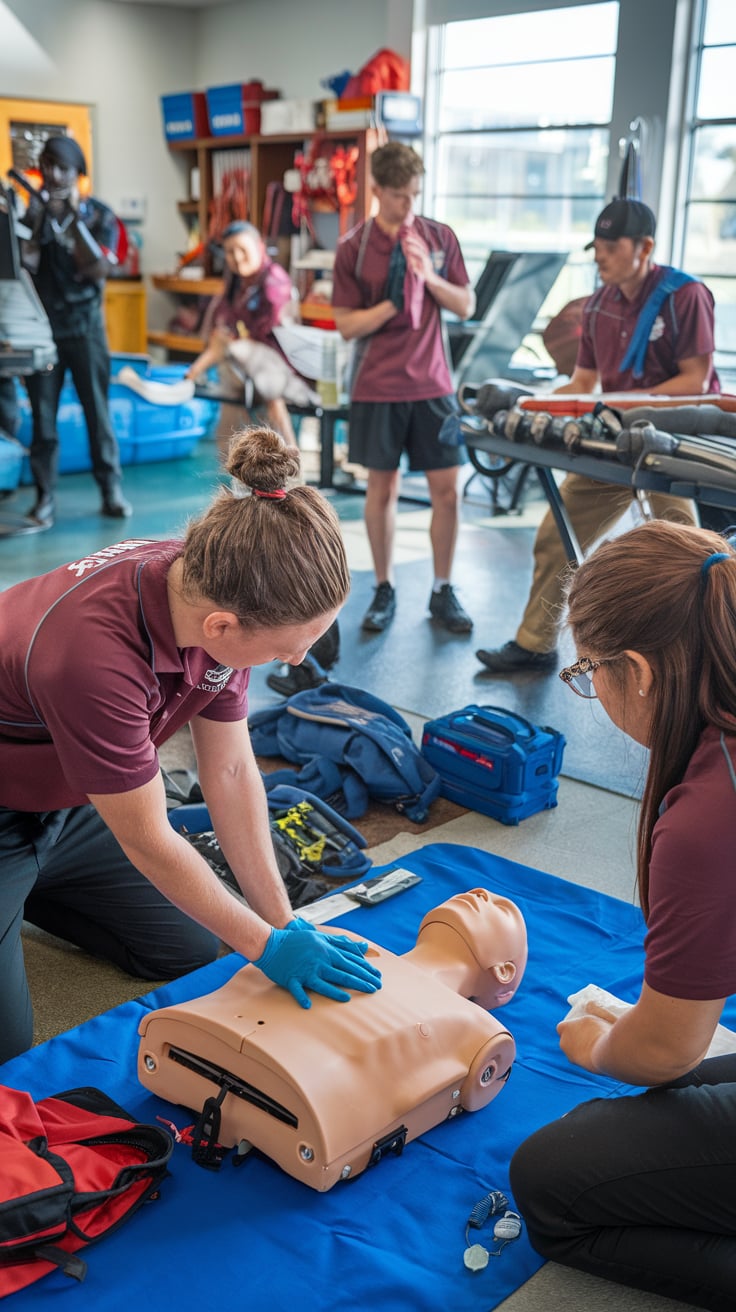
Emergency rescue
Practical operation of first aid skills, application of rope technology, medical treatment, water rescue, wilderness survival, communication and liaison
Postgraduate Studies
After graduation, the school can support inter-university study majors, and the school can be responsible for all or part of the expenses, even including immigrants in any country, who need to participate in the Antarctic program or university program and have grade requirements

Space Physics and Atomic Energy
Theoretical research on dark matter, experimental detection of dark matter, neutrino theory and experimental research, origin of heavy elements in the universe, origin and detection of ultra-high-energy cosmic rays, detection and utilization of gravitational waves

